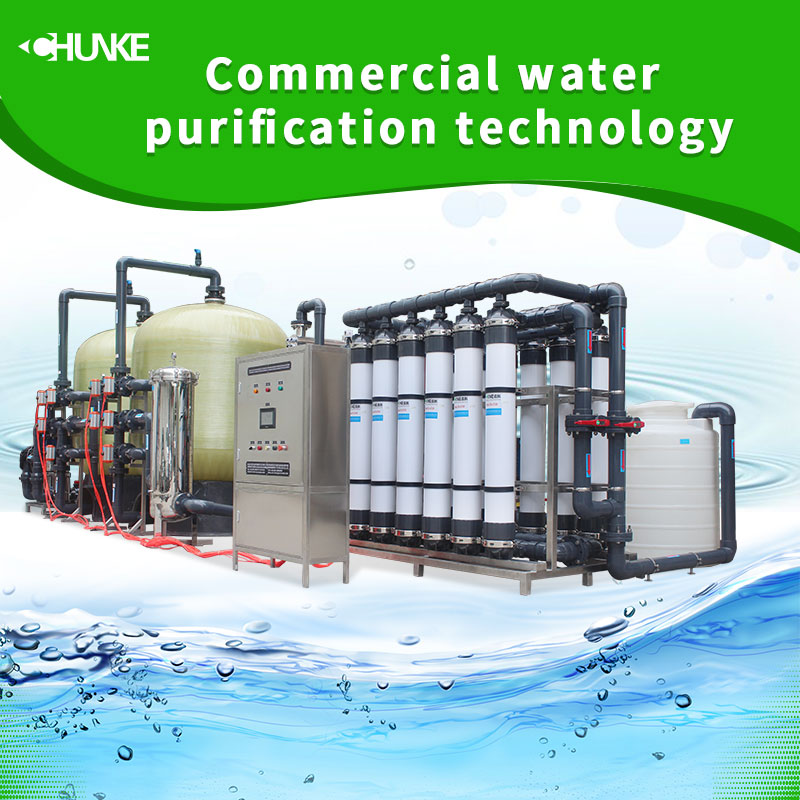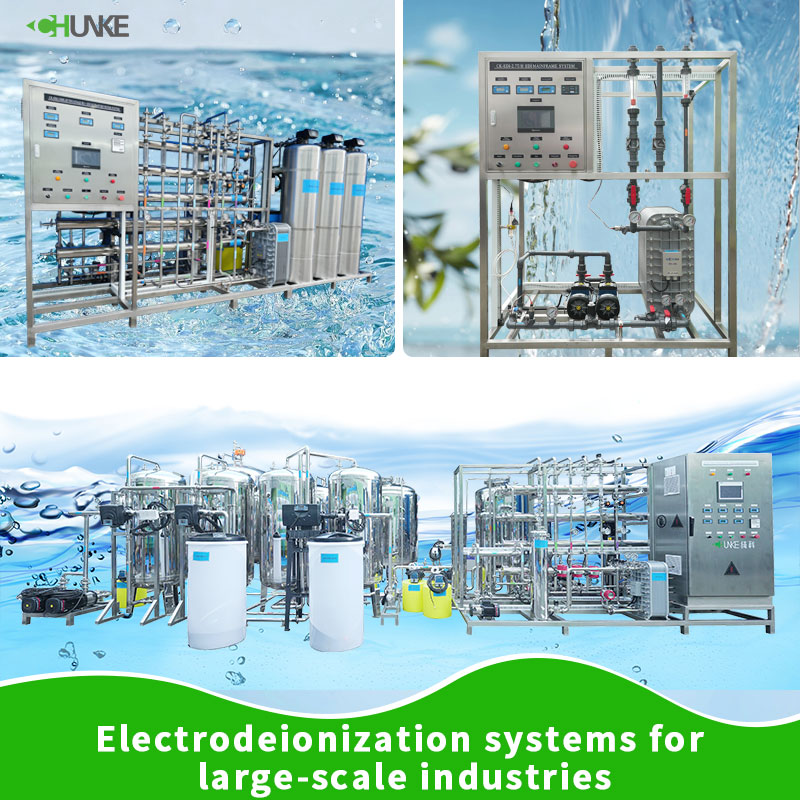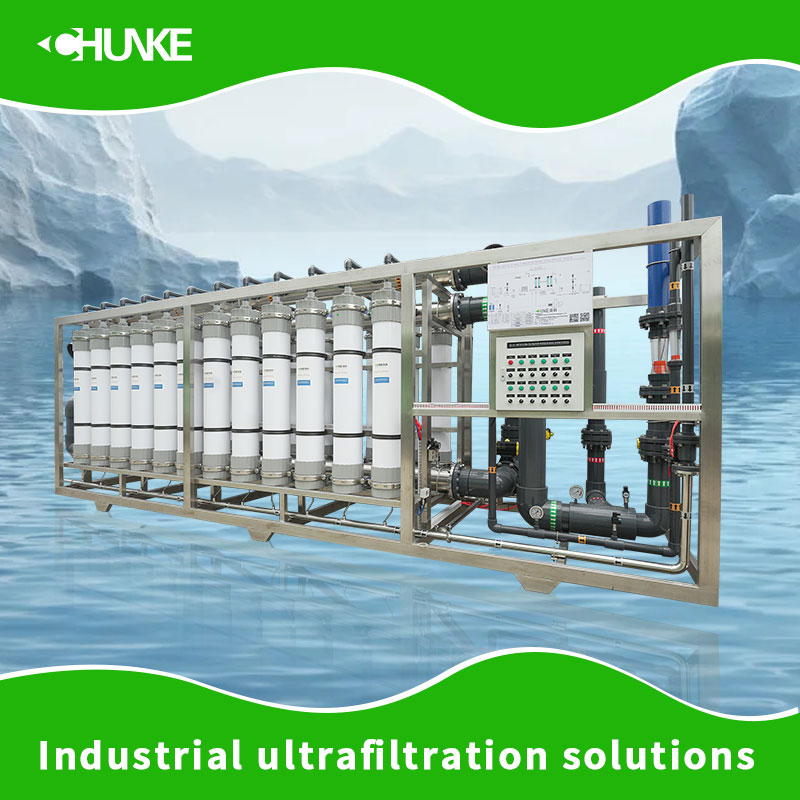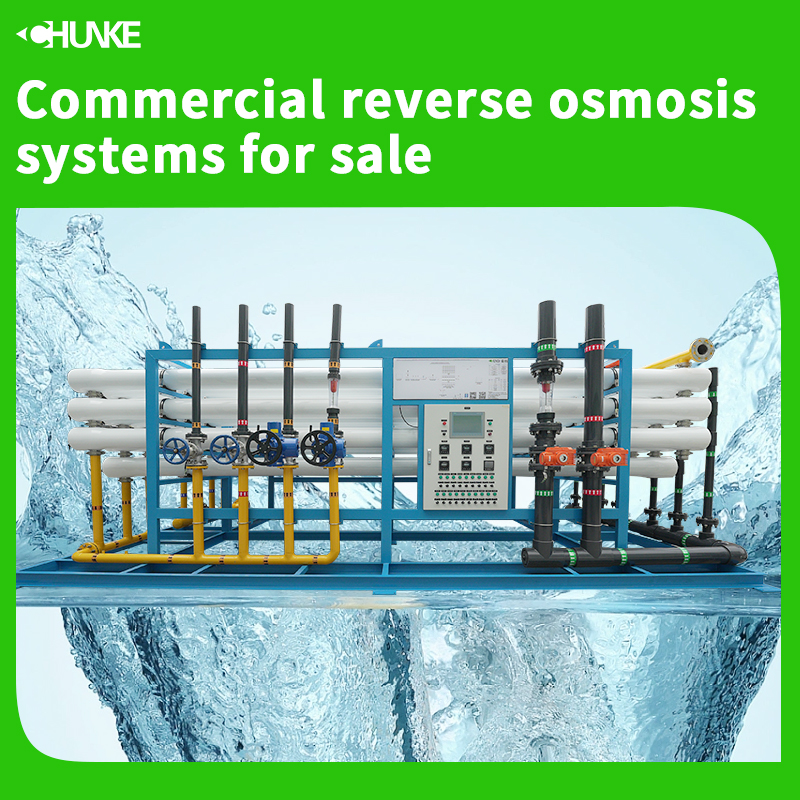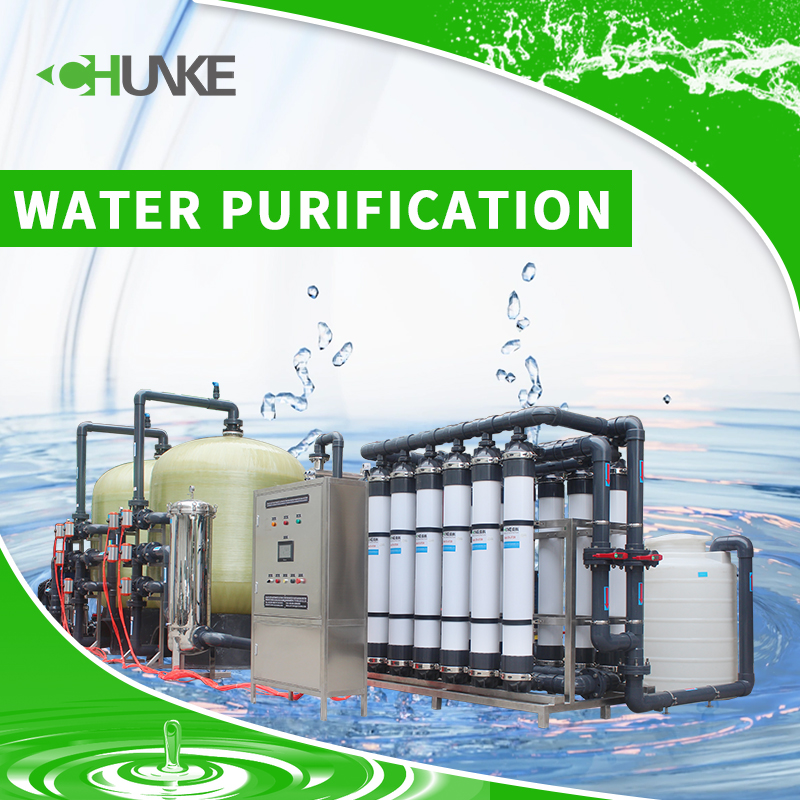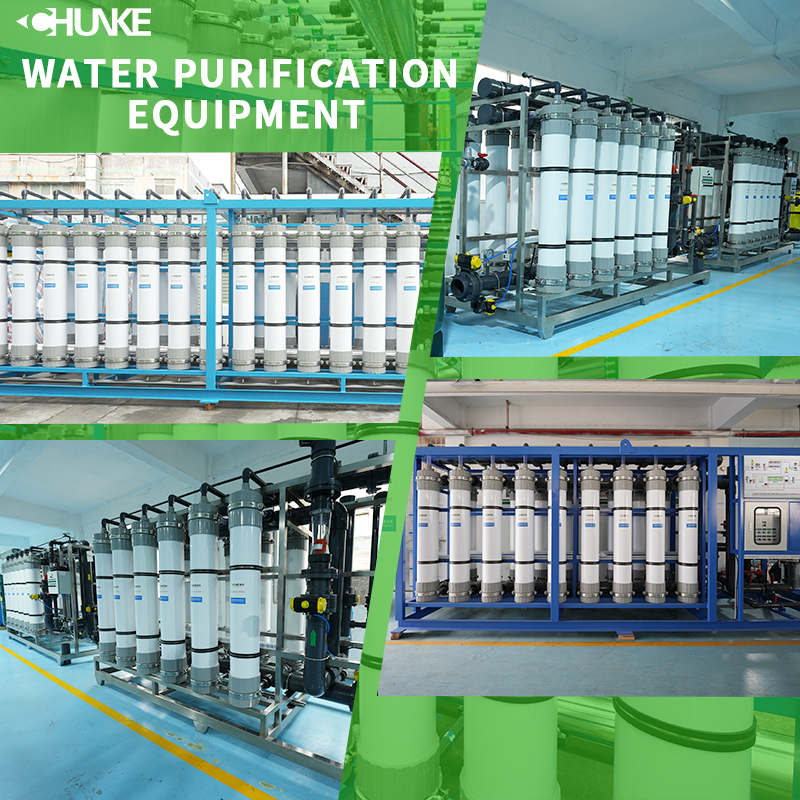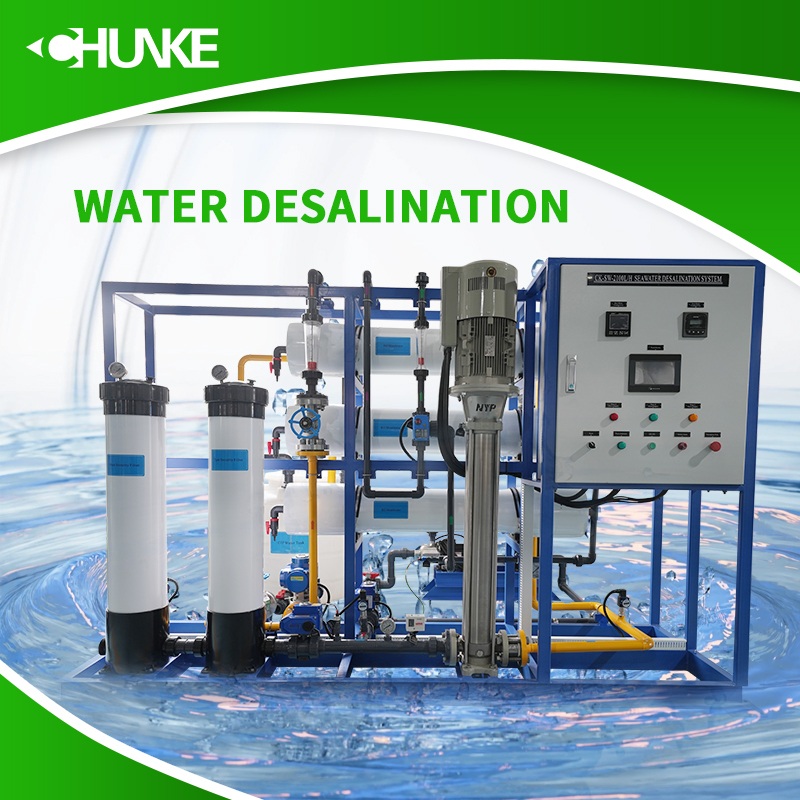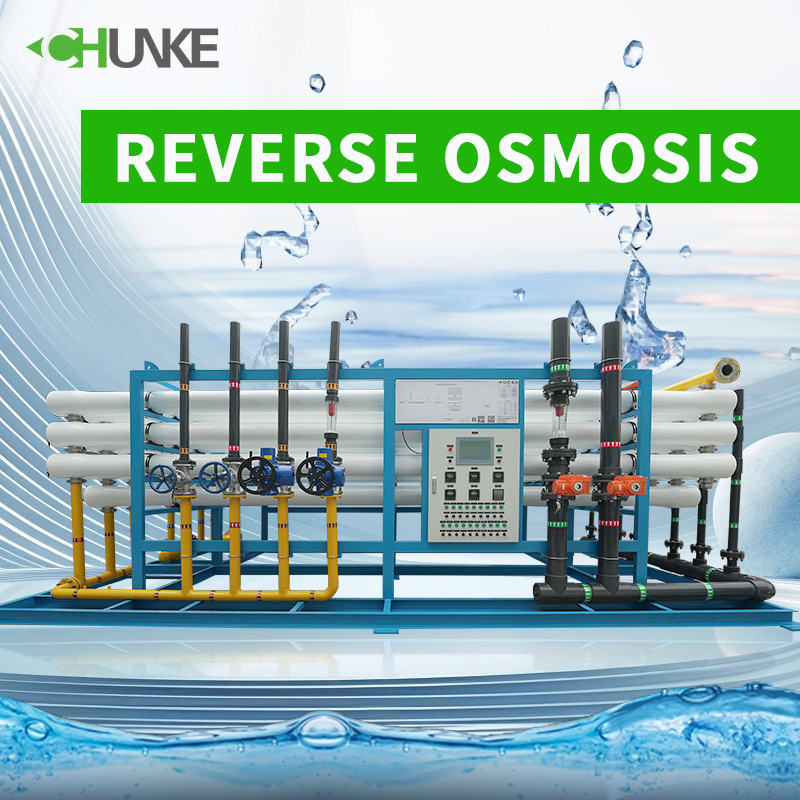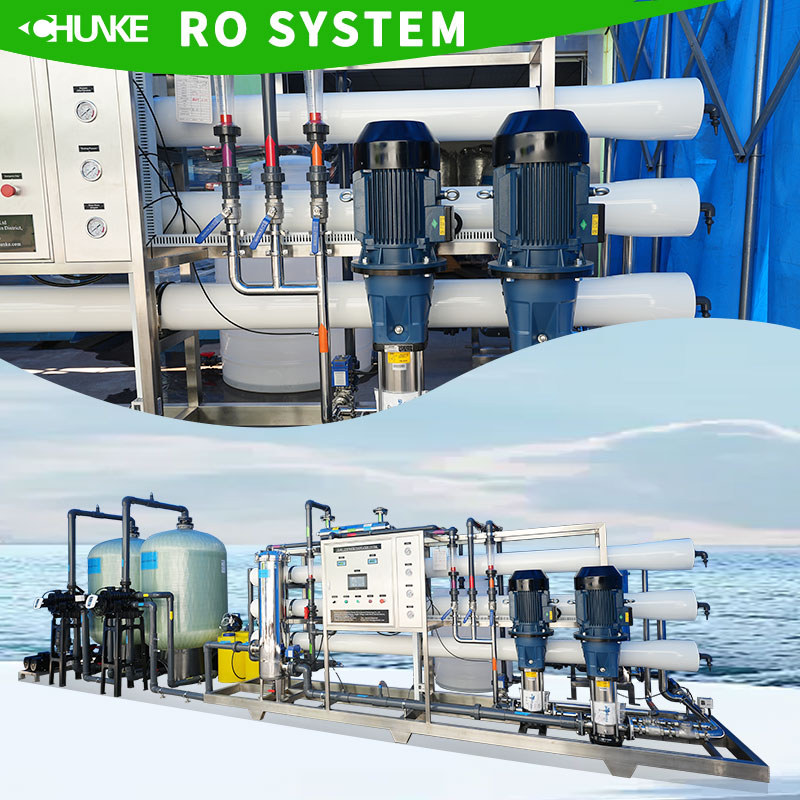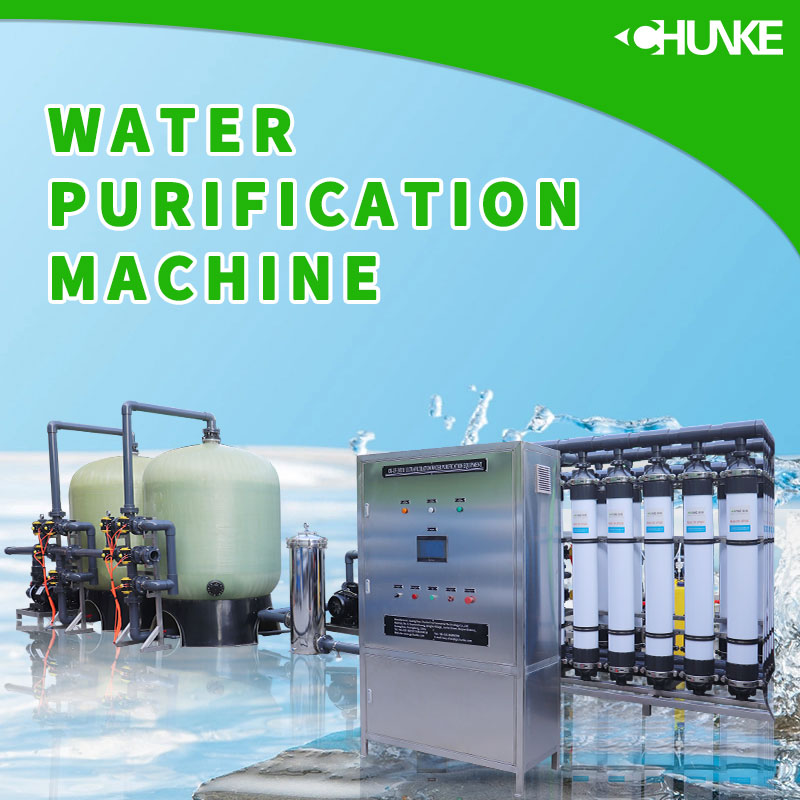-
06-03 2024
What Technology Is Used in Commercial Water Purification?
Commercial water purification treatment uses a variety of advanced technologies, the most important of which include reverse osmosis (RO) technology, ultrafiltration (UF) technology, and activated carbon filtration technology.
-
06-03 2024
What are the applications of electrodeionization systems?
Electrodeionization systems are also widely used in the pharmaceutical and biotechnology fields. In the pharmaceutical production process, water is an important raw material for the preparation of many drugs, so the requirements for water quality are extremely high.
-
05-28 2024
Exploring Industrial Ultrafiltration Solutions
Industrial ultrafiltration involves the use of membranes to remove suspended solids, bacteria, viruses and other contaminants from water. These membranes act as molecular sieves, allowing only water and selected dissolved molecules to pass through while blocking larger particles.
-
05-28 2024
Are there commercial reverse osmosis systems for sale on the market?
CHUNKE commercial reverse osmosis water purification system is one of them, which is mainly used to purify water. Priced from US$1,000 to US$8,000, the system includes components such as booster pumps, pretreatment tanks, filter housings, chemical metering systems...
-
05-27 2024
How Much Does a Whole Home Water Filtration System Cost?
Cost to Install a Whole House Water Filter: The average price to install a whole-house water filtration system in the United States is approximately $2,550, with prices ranging from $1,200 to $5,500. This price fluctuation is mainly affected by the complexity of the system, the type of filter, the brand and the region. You can choose systems at different price points based on your family's budget and needs.
-
05-27 2024
Which is Better, UV Water Filter or Reverse Osmosis Water Filter?
UV filters mainly focus on killing pathogens in water, but cannot remove impurities and suspended solids in water, while RO water filters can comprehensively purify water. If there are more impurities and suspended solids in your water source, a reverse osmosis water filter may be a better choice. If the main concern is microbial contamination of the water, a UV filter may be more appropriate.
-
05-24 2024
Does Desalinated Water Taste Good?
Desalinated water taste: Desalinated water is treated to remove salt and minerals, often giving it a pure, bland taste. Desalinated water tastes similar to distilled water because the minerals that give the water its "flavor" are gone. While the taste may be refreshing to some, it may feel dull to those accustomed to mineral-rich water.
-
05-24 2024
Why Shouldn't You Use Reverse Osmosis Water?
Reasons not to use reverse osmosis water: When cooking vegetables, meats and grains, reverse osmosis water can cause up to 60% of the calcium and magnesium in the food to be lost. Other trace elements, such as copper, manganese and cobalt, may be lost at even higher rates, as high as 66%, 70% and 86% respectively. These minerals and trace elements are essential for human health and nutritional balance.
-
05-23 2024
Do You Need to Add Minerals to Reverse Osmosis Water?
The need for added minerals also depends on personal preference and health needs. Some people may prefer purified water, while others are more focused on the mineral content of the water. When choosing whether to add minerals, the decision can be based on personal needs and preferences.
-
05-23 2024
Which Water Purifier Is the Best?
Choosing the best water purification machine requires consideration of several factors, including water quality, use, filtration technology, and personal needs. CHUNKE commercial brine treatment and purification machine is one of the popular choices. It removes salt and impurities from water through an advanced treatment system to provide users with clean and safe drinking water.





